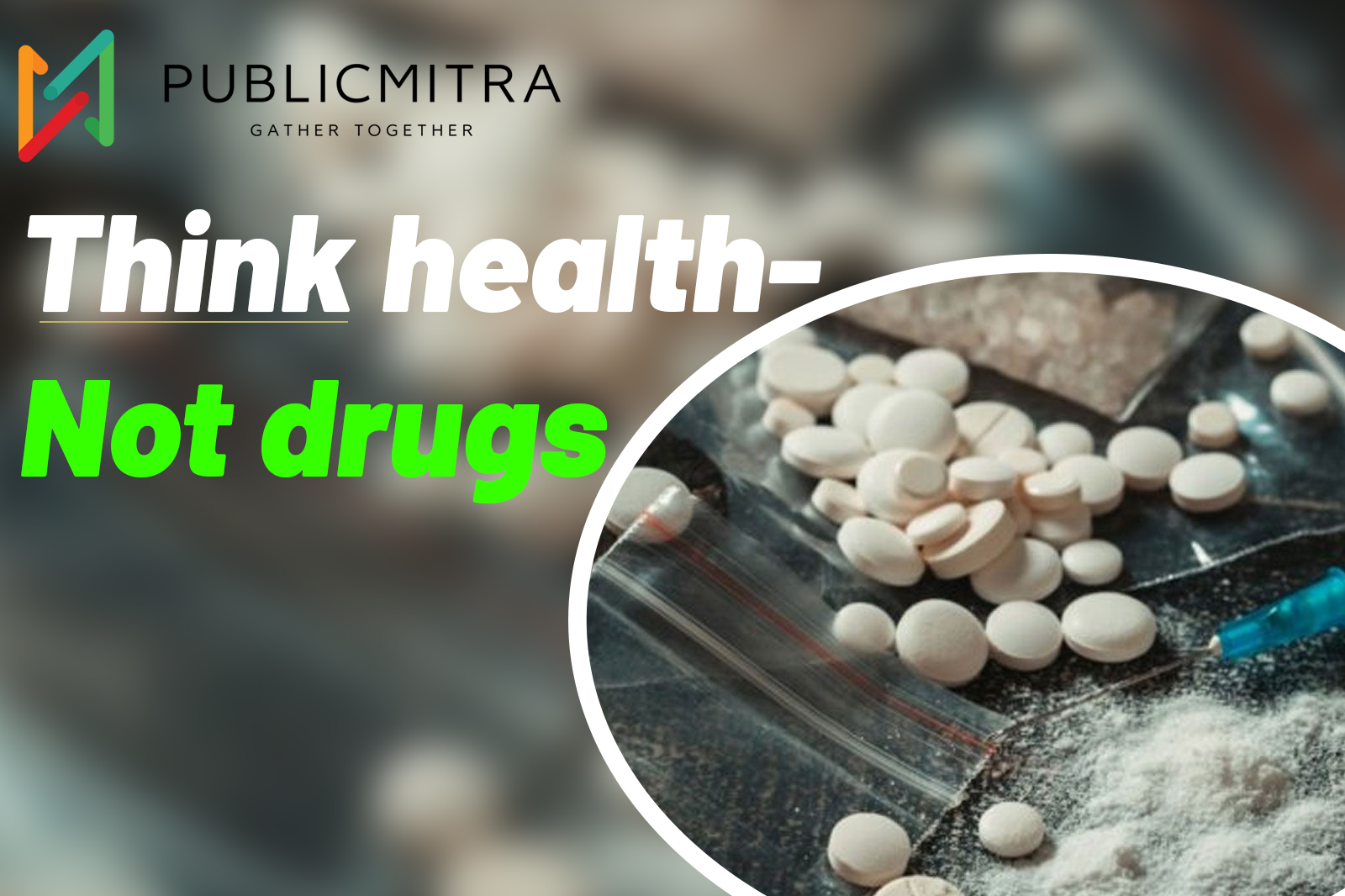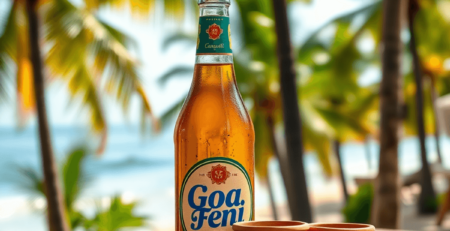Think Health-Not Drugs
Neglecting the little things in life and resorting to littler substances, through a belittled welcome ends you in the ecstasy of your own hell, leading you to a black hole of lifelessness. This gateway to lifelessness are usually Nicotine and alcohol, along with Cannabis, the newer drug which introduces individuals to addiction. Once introduced, there’s about 10% chance for a person to become an addict, while some individuals maybe genetically more susceptible to it.
It is usually started due to peer pressure or out of curiosity as an experimental use. At this stage it might be possible to stop it, but if continued further, it turns into recreational or social use. And before they know it, they’re abusing it, using it whenever they’re stressed, or in order to remove any negative emotion. This will then lead to harmful use and later dependence, which is when individuals usually try to seek help. At this point they’ve lost control and begin craving for it, followed by development of tolerance, and states of withdrawal. We also witness signs of salience, which is where the substance is given the highest priority in life.
Substance use disorders can also present with psychosis, delirium, neurocognitive disorders, mood, anxiety, sleep and sexual disorders, and many other medical conditions. There may also be cases involving violence and road traffic accidents, due to drug induced aggressive behaviour, lack of concentration and increased reaction time, which is why it requires immediate intervention. So let us choose a healthy life over drugs. Let us find happiness through other means, such as spending time with our dear ones and indulging in our hobbies. Let us find better ways to cope with stress and worries. Let drugs not me the cause of our Euphoria.
It is important to remember, that it’s not easy for anybody to come out of an addiction. And a constant motivation to quit is required for better results. The stages of motivation involve the stage of denial, stage of acceptance, decision making and acting over it. It is then followed by maintenance, where the individual survives without the substance for at least 6 months. This may result in recovery if they’ve developed complete self-control, and if not, the addiction may relapse and we get back to square one. And this cycle continues. Another useful approach is the FRAMES model of psychological intervention.
There maybe a delay in seeking help, but it’s better to be late than never even trying. It is painful for many individuals to be well aware of the ill effects that their addiction has on their health, and sometimes even the health of their loved ones, and yet not being able to come out of it. There are also people who have closely witnessed their family and friends fall prey and ultimately succumb to drugs, and want to turn their lives around. And when they come looking for help, what they most require is constant support, motivation and encouragement, and not belittlement. In the end ‘quitters are winners’!











